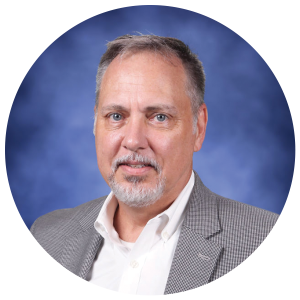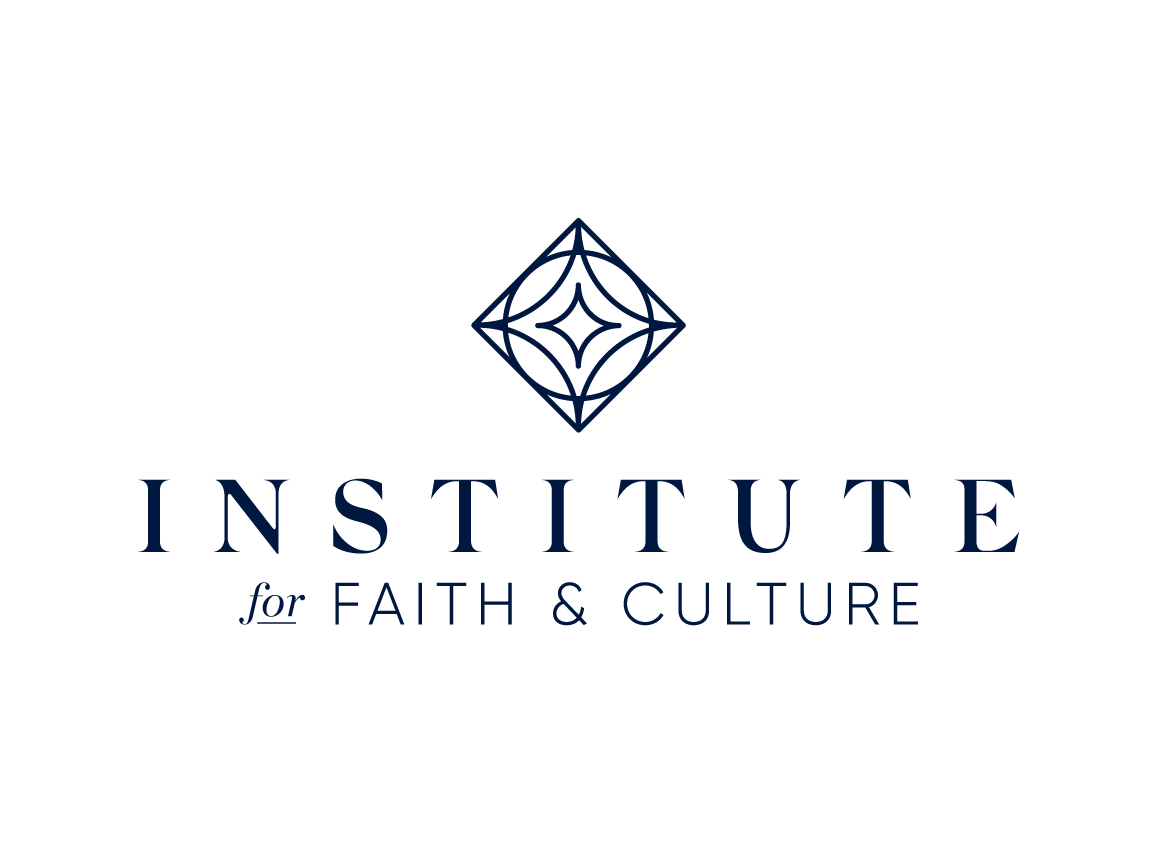
In our modern context, it is interesting to observe is how rhetoric does not align with practice.
Consider how the arguments against school choice, especially against a program such as one recently passed in Florida, decry and lament how such programs fund religious education which, from that point of view, is an unacceptable outcome. Perhaps we should note that these programs do not specifically fund religiously-affiliated schools but all non-public ones. In the vehemence of their protest, their inherent dishonesty is clear. For those opponents the policy is bad not because education is neutral and non-religious, but expressly because the opposite is true.
This worldview cultivation is critical for the thinking Christian because, as it has often been said, if one speaks a lie often enough and loudly enough, it will eventually be regarded as the truth.









